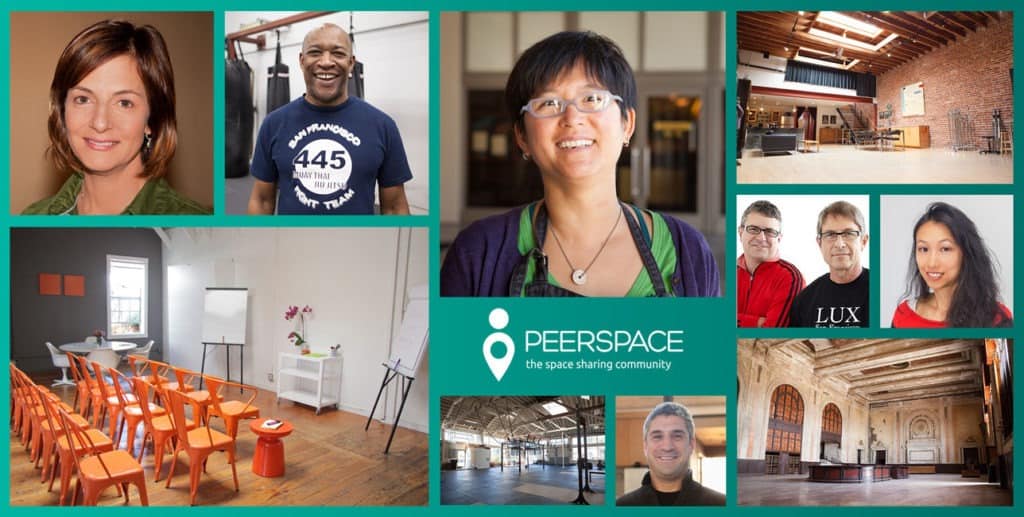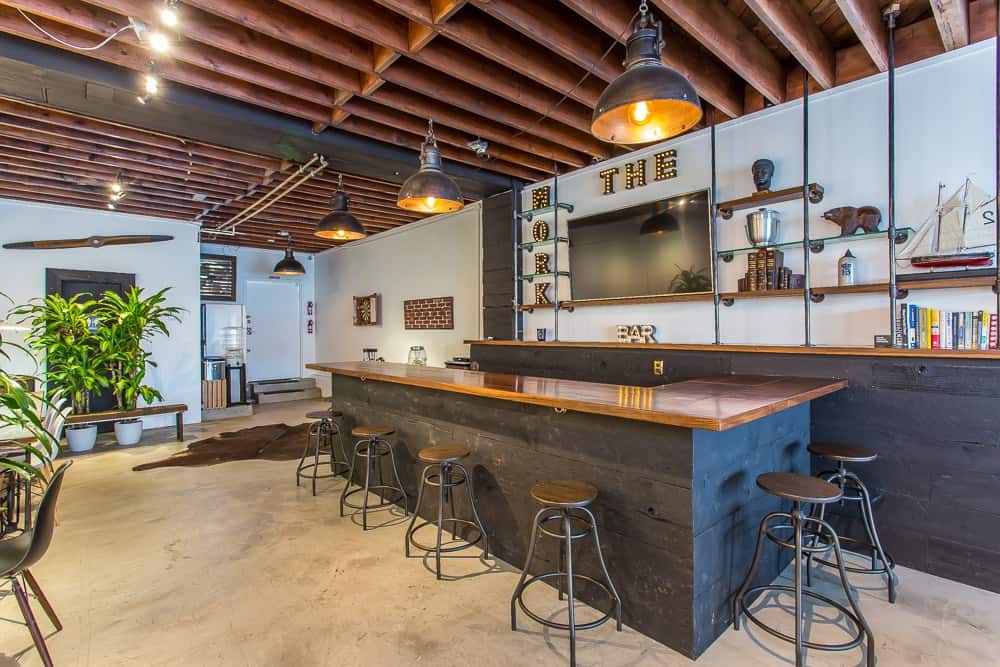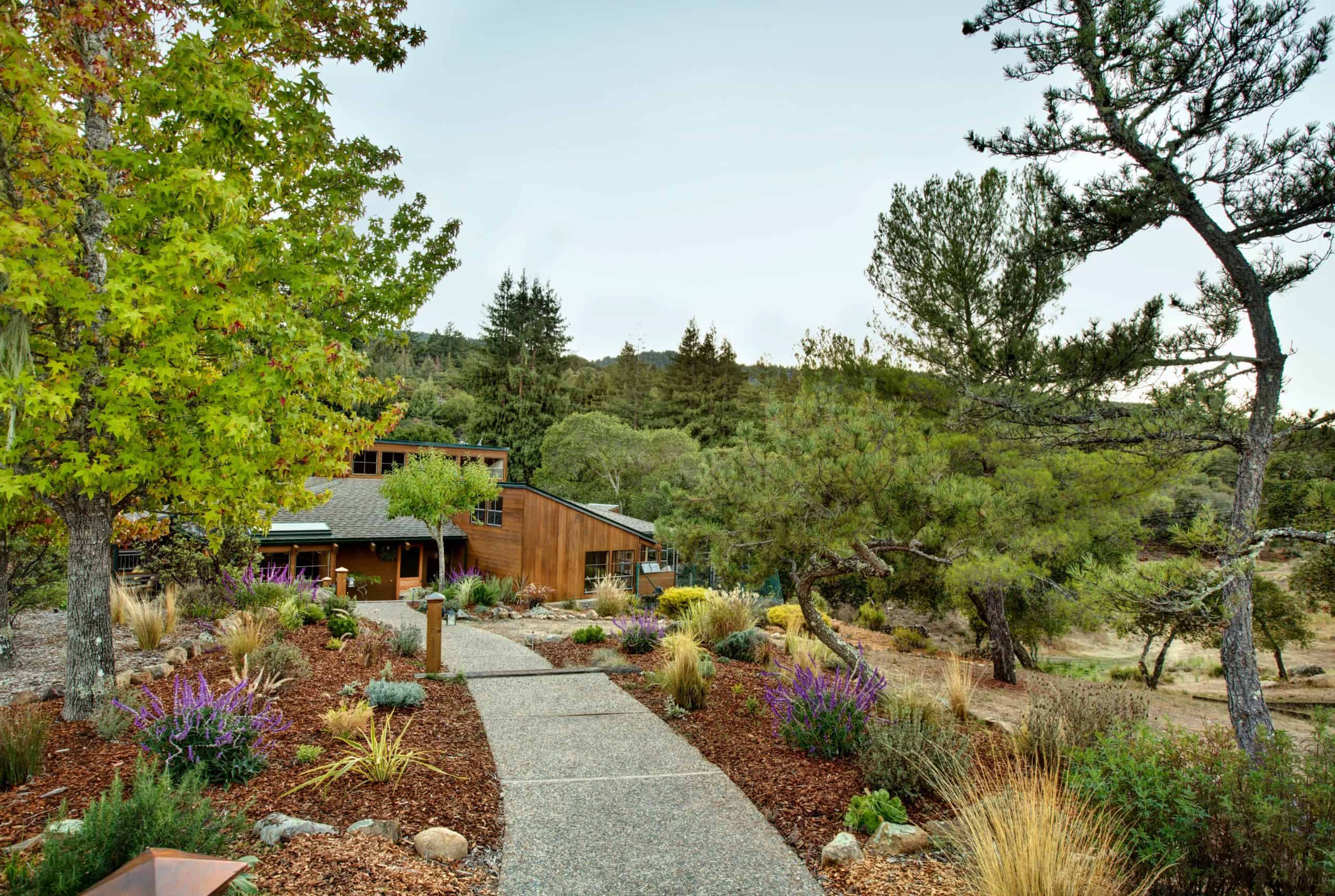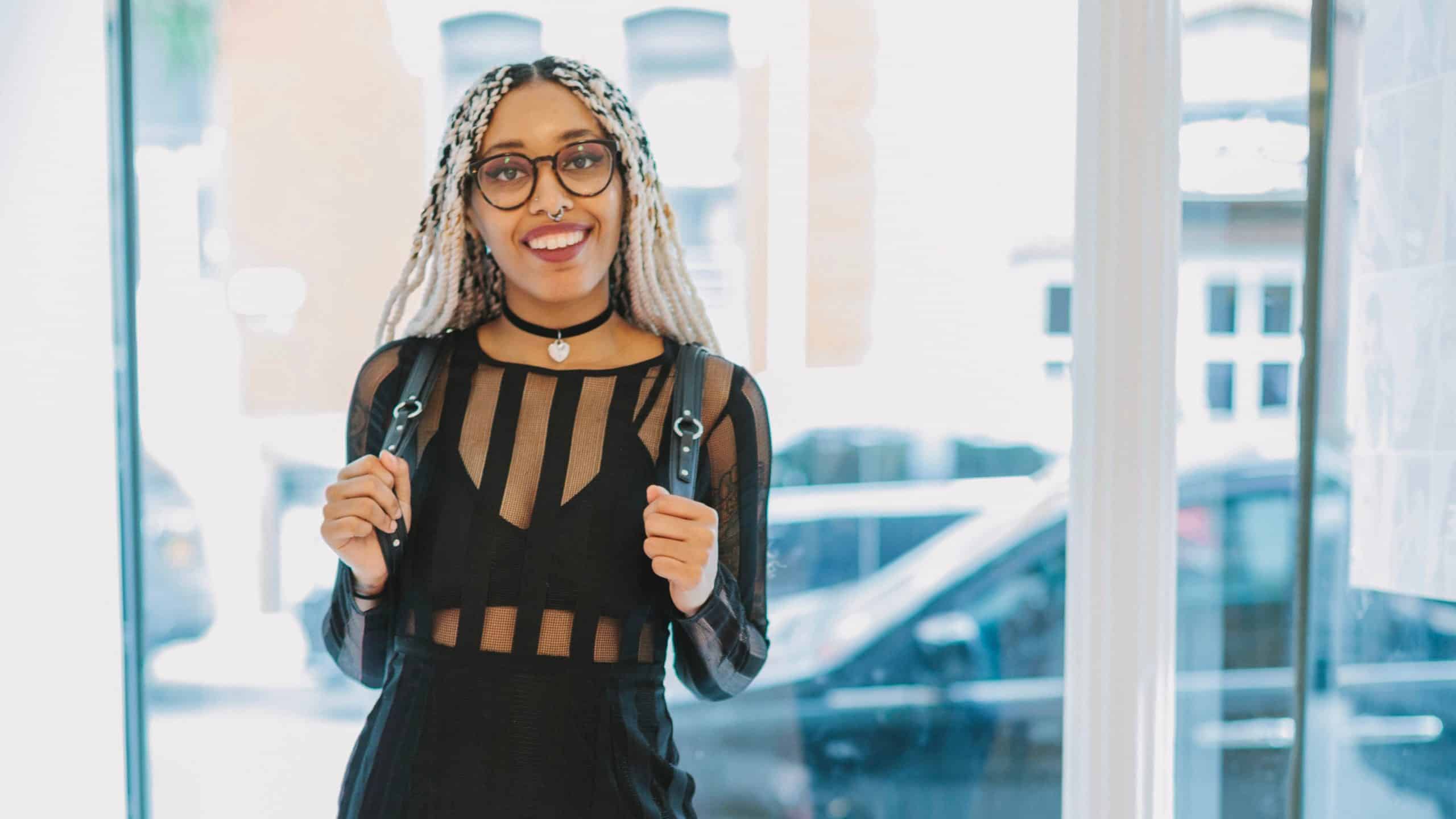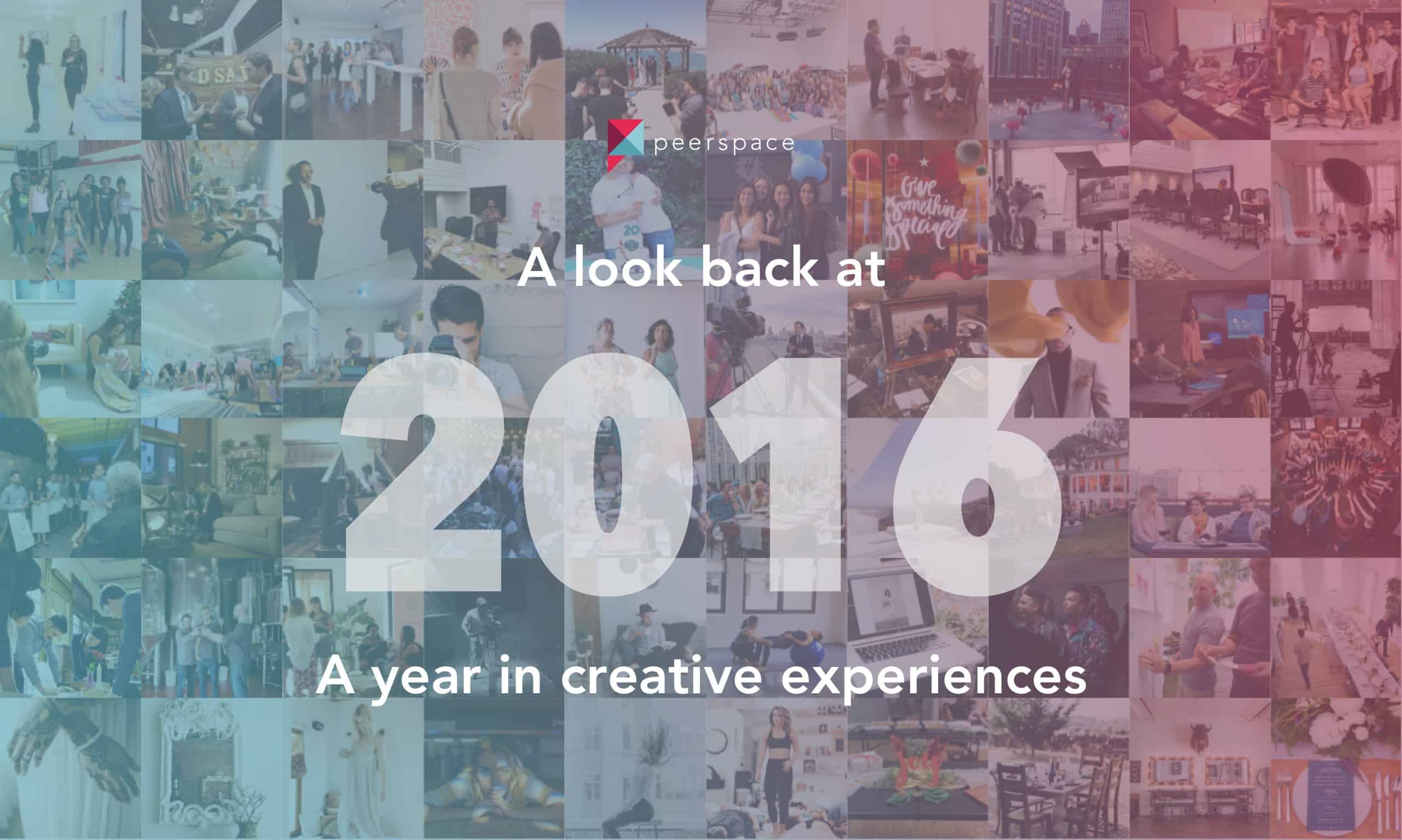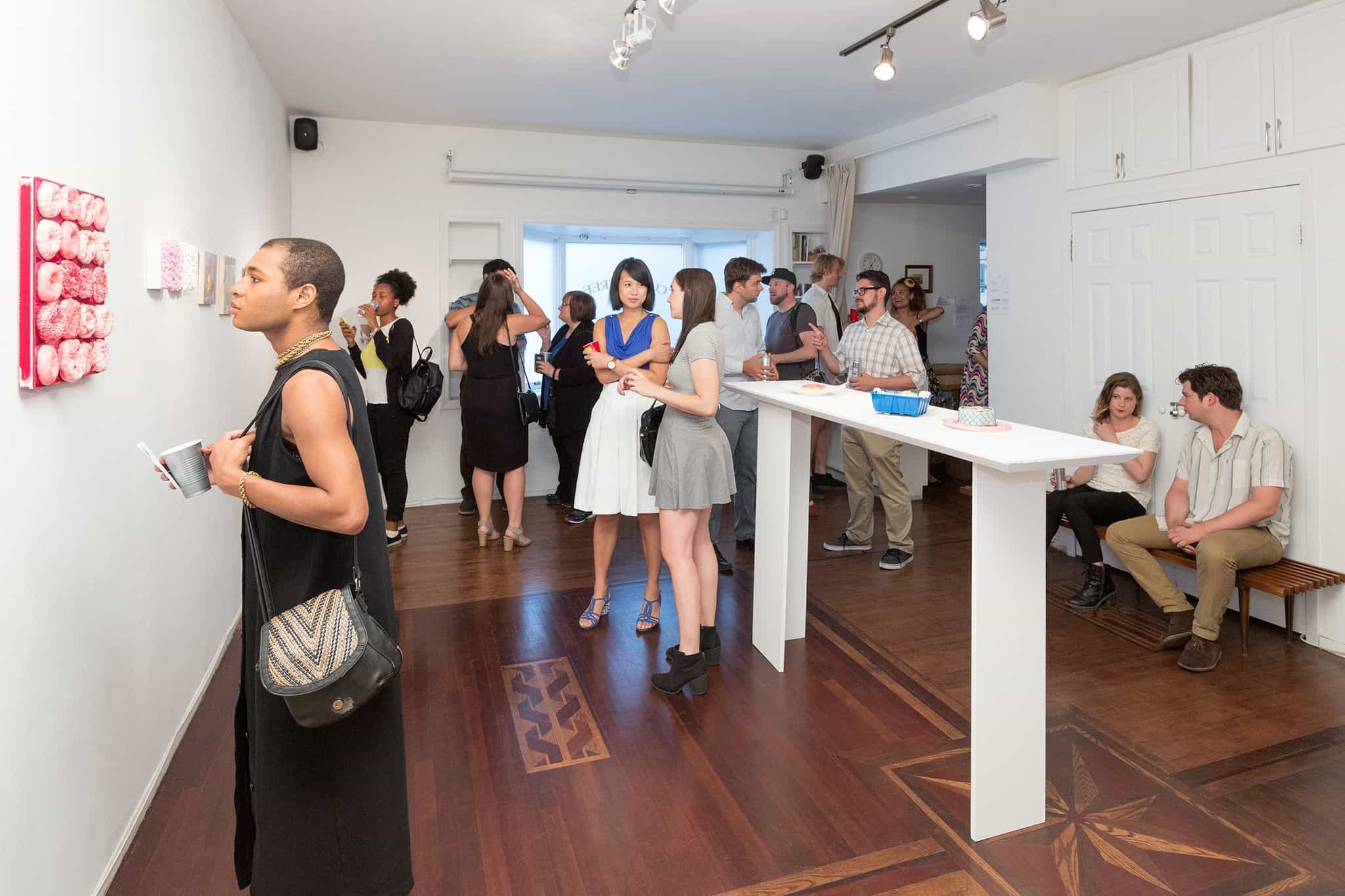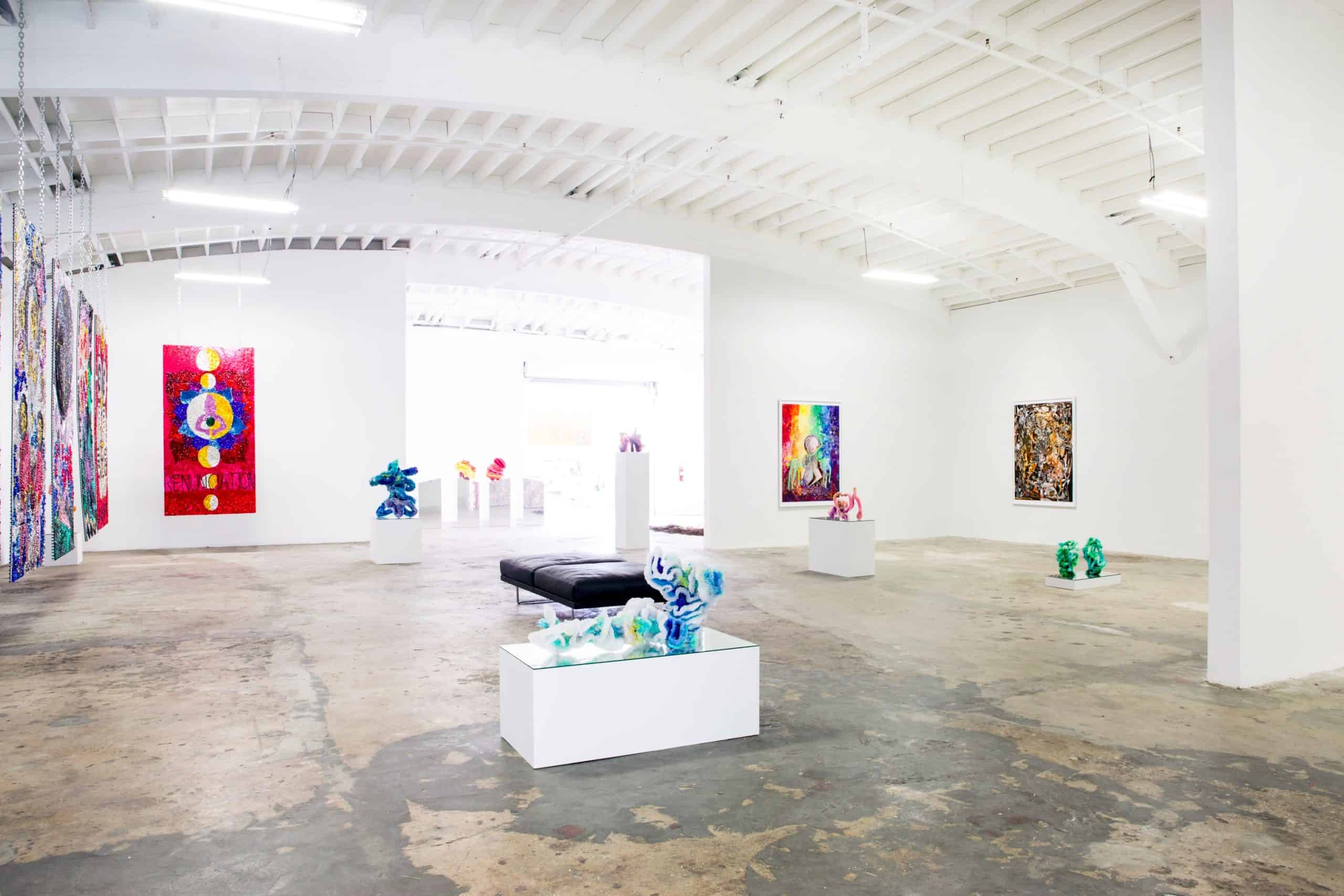Secrets to Running a Production Studio
- Date: July 2, 2014
- Topic: Uncategorized
- By: Peerspace

Meet Vic, a PeerSpace Power Host who shares his studio with creatives and entrepreneurs in the Bay Area. Vic owns a production company that creates commercials for the tech industry. He shares his video sound stage to earn additional revenue for his small business. Check out his insights into running a production studio in San Francisco.
Tell us the story behind your studio.
Originally, I created the studio as a hub for my production company. Soon after the launch, colleagues and other production companies discovered my style of studio service and began tapping into it for their own projects. Today, the studio has become a successful business in its own right and I’m very proud of it.
Walk us through the path you took to get where you are today.
After college I lived in Hollywood, CA for a number of years. I worked as an assistant engineer in a couple recording studios, setting up microphones and pouring coffee for rock stars. On my nights off I followed my true passion—playing Hammond organ in a rock band. There was something very magical about working in a recording studio with all its state-of-the-art technology and big name recording artists. It certainly offered a more promising path. But my commitment had always been on the artist side of the recording process and I eventually had to make a choice.

My twin brother is a director of photography and encouraged me by guiding me through a few non-profit video productions I’d somehow volunteered to produce. I didn’t exactly know what I was doing, but after a surprising amount of positive feedback from audiences it became clear that I had found my next ‘thing’. Producing felt very natural for me—I’m highly organized, not afraid to make stuff happen and comfortable being a bit bossy.
I’ve been a video professional now for 21 years. It’s enabled me to start a production company and build out my own sound stage and studio.
What were you looking for in terms of spaces for your business?
When looking for a studio space for recording audio or video the first thing “how-to” books tell you to do is to start with a quiet location and build out from there. I began by looking at warehouses and large open spaces in the SOMA area of San Francisco, but only saw places with sunlight streaming through holes in the roof, no insulation, and leaks everywhere. Big messes. I knew right away it would cost a fortune just to make these places functional and I simply couldn’t afford to go that route, so I kept looking. Eventually, my realtor told me about a place in the Mission. It was in a sketchy neighborhood, but within my budget so I decided to go check it out. Immediately, I knew it was perfect. It was surrounded on all four sides by other buildings, no line of sight to any streets, was very secluded for being in the middle of a city, and had tons of potential.
How did you build this dream space into your own?
I approached this project much like I imagine one might approach designing a small ship. Every nook and cranny had to be used efficiently for storage and quick transformation. The studio can quickly go from a daylight room to complete black out in a matter of a couple minutes. We can move from a full-size green screen stage to a Charlie Rose style “black limbo” stage to a full white cyclorama stage, creating that blown out “I’m a Mac” white-world with no perceived horizon or depth—and do it all in the same shooting day.

We host both still photography and video shoots with sound; location style shooting; green screen and effects shoots; product and table top shoots; fashion shoots; focus groups; cooking shows; casting sessions; and now events and screenings using our kick-ass video projection system. The studio is defined as a ‘sound stage’ meaning that it’s sonically isolated from the outside world. I’m confident that it is one of the quietest shooting spaces in San Francisco.
What excited you about working with PeerSpace?
Optimizing one’s investment in a space means coming up with ideas to transform that same space into something else when not being used for its original purpose. So when the studio is not my production office, editorial suite, or sound stage, it becomes an event space for others. We’ve hosted gourmet chefs in the kitchen, wine tastings, cooking classes, focus groups, birthday parties, holiday parties, and corporate planning retreats.
PeerSpace provides the connection to people who can come in after hours, on weekends or on unscheduled studio days to use the space.
Any final words of advice?
You never know what the future holds; my ‘sketchy neighborhood’ is now one of the most desirable and hip places to live and work in San Francisco. Enterprising spirits and adventurous attitudes certainly played a part in that, so having an open mind when it comes to trying out new services and technologies is only smart business.
